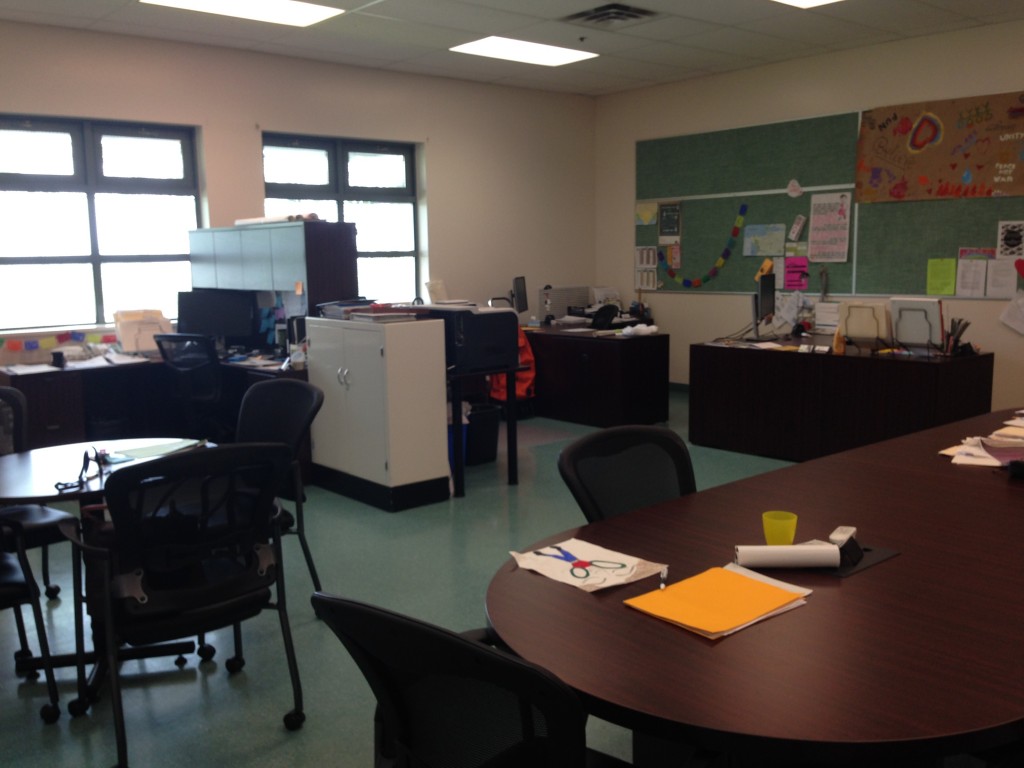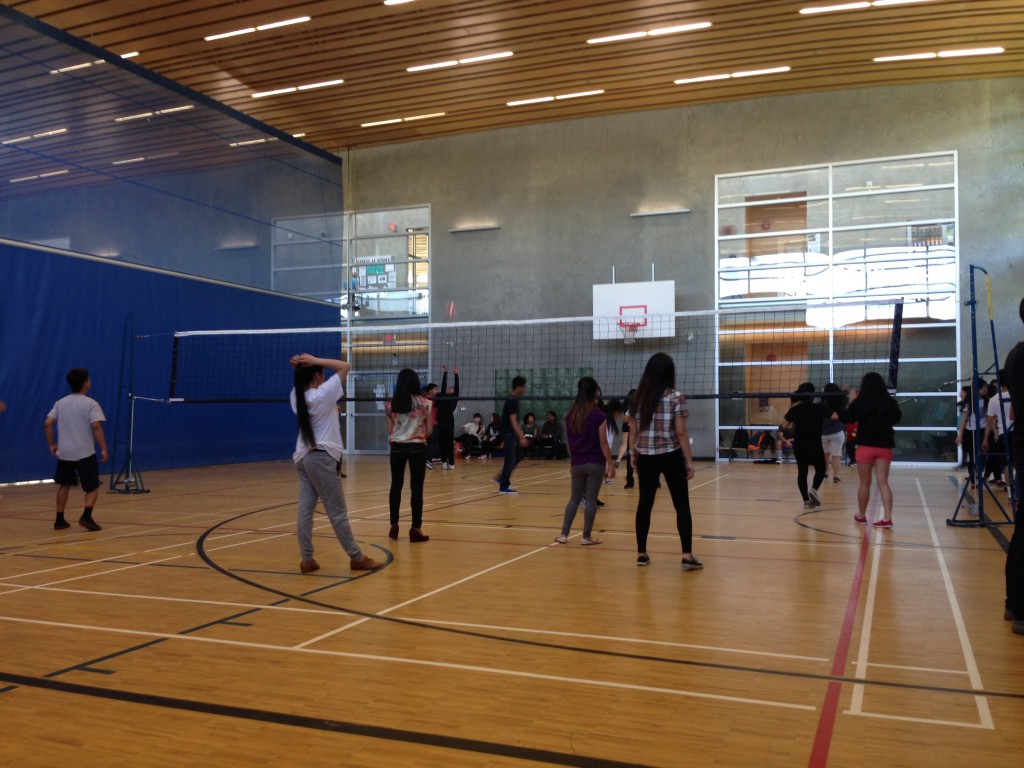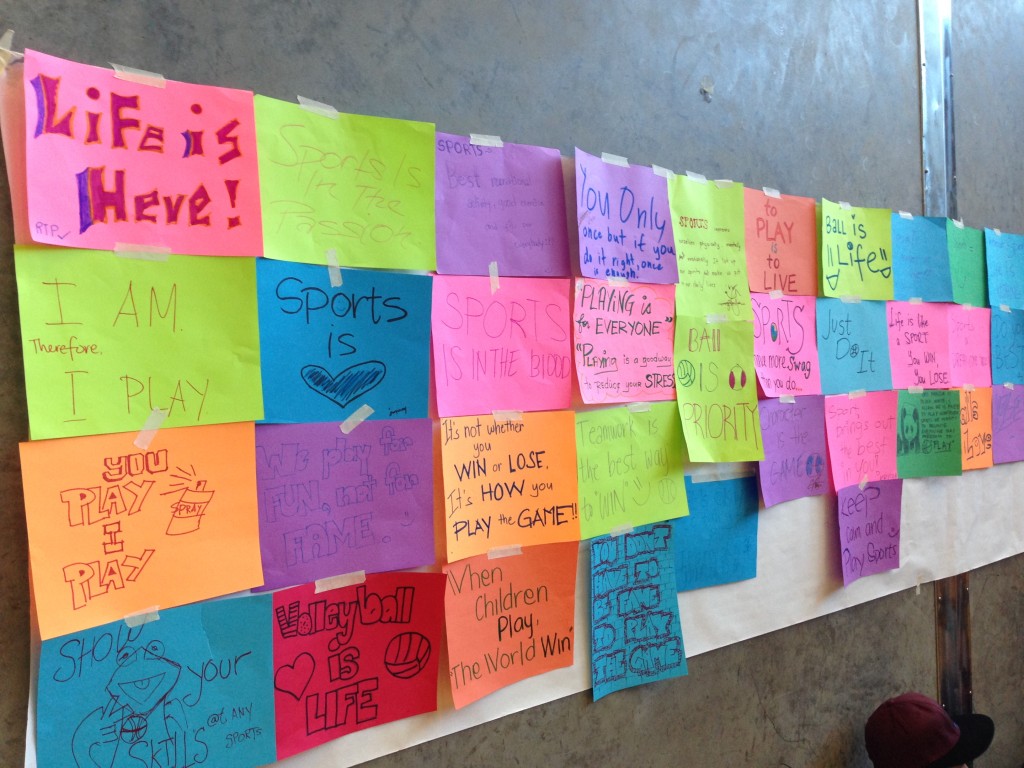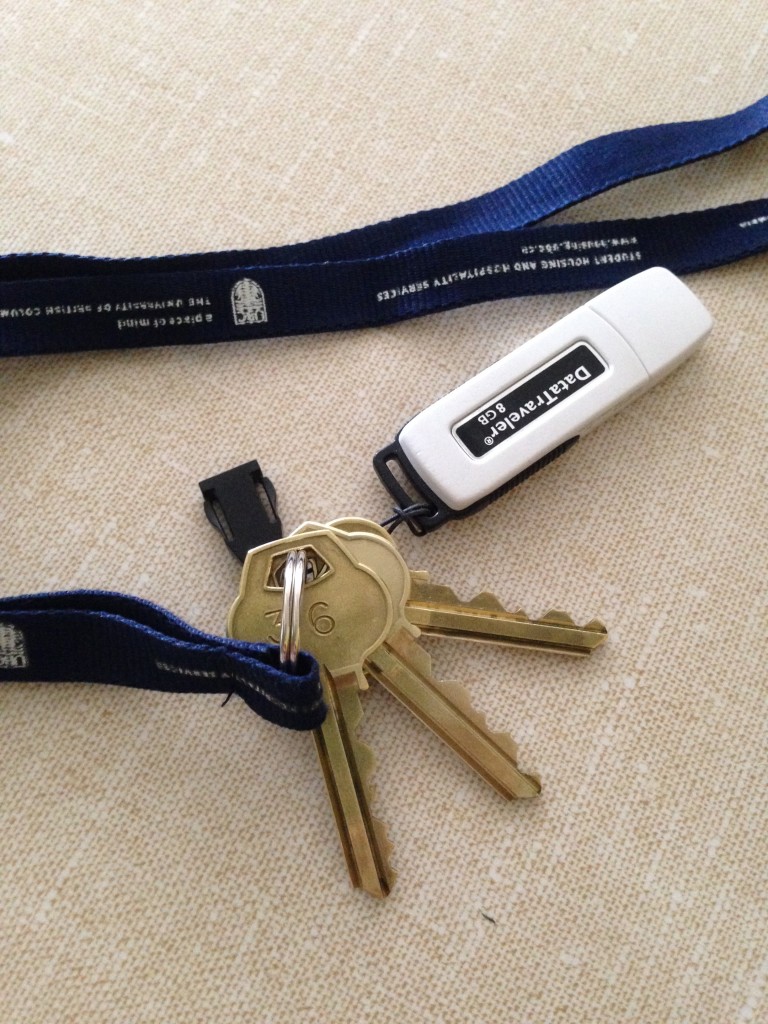Daily Archives: July 8, 2014
Week 2
Week 1
The EIYP Program
Monday
-Hip Hop and Beat Boxing Workshop for students because of pro-d day
-Participated in workshop, encouraged the shy students to take part, conversed with students and got to know them more
Tuesday
-Created surveys that EIYP would use for the end of this year’s program.
-Helped one of the youth workers’ in preparing for the Cultural Celebration, Wrote lyrics on chart paper for students to refer to during the performance, created a powerpoint of the lyrics so that the audience would also be able to refer to the lyrics during the performance, and helped to edit and finalize a game of Human Bingo that had previously been started but not yet finished.
Wednesday
-Observed a wrap-up awards ceremony for the volleyball tournament held by students from the after school program.
-Helped with facilitating instructions and making sure students were cooperative and having fun.
At the volleyball awards ceremony.
What sports meant to them.
-Played games and sports with students at after school program (it reminded me of when I was in high school!).
-Met with my FA.
Week 8
Class composition
Having ELL learners in my classes provided me with the opportunity to find strategies to support their learning. One particular example involved 3 ELL students who had difficulty making pasta noodles. As their reading comprehension was not at an adequate level for them to read the recipe, they struggled to keep up with the recipe methods. To support them, I simplified and modeled the instructions for them. I noticed that when I provided them with guidance, they felt encouraged and surprisingly completed the lab! After that lab, they were more open to asking me for help, rather than sitting waiting for help.
All my classes are comprised of students from many different cultural backgrounds. Since Vancouver is a city with diverse culture, I try to bring in examples of foods from all cultures into my foods classes. For example, when I taught a lesson on breakfast sandwiches, a supplement I added to that lesson was a powerpoint of breakfasts eaten around the world. My students really enjoyed it because they could identify with some of the countries mentioned.
Week 7
Thoughts on spring break
I was asked about my thoughts on having a 2-week long spring break. From a student teacher’s point of view, having spring break was very necessary. As it was a break to look forward to, it motivated me to keep pressing on even when I felt very exhausted. The two weeks of break was an excellent opportunity for me to re-evaluate and to re-assess how I had been doing so far and to make the necessary changes in order to improve. The usual 2-day weekend is simply not enough time to re-evaluate without feeling pressed for time. Thus this 2-week break was also necessary to allow myself to relax and to re-energize. In my lessons after spring break, I felt a lot more prepared and my students seemed to be much more engaged. Personally, I felt significantly less tired everyday afterschool as compared to before spring break.
Weeks 5 & 6
The challenge
As I picked up my full-load of teaching courses this week, I felt both challenged and accomplished. I felt challenged because it was difficult to juggle between teaching several different classes on the same day. I became a lot more aware of time and what it meant to actually finish a lesson on time so that I could be ready for my next class. This was especially difficult to control on days when my classes conducted their food labs, because each group worked at a different pace. Also, as I had to share 3 different classrooms on the same day, I needed to make sure the classroom was clean by the time I left. Furthermore, I wanted to experience the complete package of a teacher at full-load (with 6 preps), so I also picked up my SA’s lunch hour library supervision shift. Thankfully the shift did not start right at the beginning of lunch, so this gave me some time to clean up the classroom that I was in just before lunch, set-up for my next class after lunch, and to eat my own lunch.
I felt accomplished because I was able to develop my own routine by the end of the first week of having full-load courses. I was still able to eat lunch in the staff room on most days, and also help out with the Homework Club afterschools. I worked more efficiently, and learned to prioritize the more important things. I also met more teachers in the school and engaged in meaningful conversations as they inquired about my practicum experience. I felt truly connected to the school and for once felt like I was one of the teachers at the school.
Week 4
Similarities and differences between different grades/ subjects
When comparing my classes, specifically my HE 8 (foods) with my Foods 10 (mostly grade 9’s), I noticed a significant difference in classroom dynamics. As understood, classroom composition affects classroom environment. I noticed that the majority of the grade 8’s were quite disorganized (ex: papers in wrong sections in their binders, recipes scribbled with writing and crumpled in the bottom of their backpacks), talkative, did not listen to instructions, and many were unwilling to participate. This has been contrary to what I have been told that the grade 8’s are usually the keen learners who always listen to instructions and are attentive during class because they want to learn! However, I also think this largely has to do with who the students are, as most of the time it is the few disruptive students that completely change the dynamics of the class (eg., when they are talkative with their friends, other students feel that it is okay to do so as well). On the other hand, the students in my Foods 10 class were very well-behaved most of the time, fairly organized, mature for their age, cooperated well, and were attentive in class. This has definitely changed my impression of students in different grades.
Week 3
Educating the heart as well as the mind
This week I came across an inspirational clip that reminded me of how as educators, we often become too focused on front-loading our students with information that we forget to question how this information can help prepare them for the world. Educating their minds is important, but preparing them for life encompasses far more aspects than just academics.
Link: http://educatingtheheart.org/
Week 2
Observations on Classroom Management
This was my 2nd week of teaching both Foods 10 and Cafe 9-12.
In my foods class, kitchen unit groups were determined by the students themselves. Students had the priviledge to pick who they wanted to work with at the beginning of term. However, because of this, the students who were in the same groups with their friends were often quite ‘chatty’. Yet because these were coincidentally the more self-sufficient and responsible students, they were still able to complete their work both on time and with quality.
On the other hand, classroom management was completely different in my cafeteria class. Each class began with a theory component which took place in the staff lunch room. Unfortunately, this was quite disruptive because teachers had the freedom to walk in and out to purchase food and beverages during classtime. I noticed that the students had gotten used to this by now, as it was already halfway through the school term. On most occasions, teachers respected our class when I reminded them that it was in session (most of the time teachers did not even notice!). For the rest of the class, students worked in the kitchen in their assigned stations. Each station was led by a staff/TA who instructed students on their job for the day. As the teacher, my job was to manage both the staff and students, making sure they were on task at all times and that the food was prepared and ready by the specific time. For the most part, students were on task, cooperative and respectful, with the few exceptions of students using their phones in which I had to ask them to put their phones away in their backpacks.
Week 1
Surprising discoveries on my first week
As I began my first week at my practicum school, something that surprised me was the amount of respect I received from my students. I was surprised because thinking back to when I was in high school, neither my classmates nor I gave much respect to the student teacher who taught our class at the time. With this worry in mind, I began my first day at my practicum school hopeful that this would not happen to me.
My first week was comprised of getting to know all my students, whether that was just starting simple with their names or even inquiring about their hobbies and interests. When I saw my students outside of classes (eg., in the hallways after school or in the cafeteria during lunch), they would acknowledge my presence by greeting me with a hello (some would add in Ms. Cheung). In return, I responded back with a hello and their name (I made the effort to remember all their names). I can recall one student smiling and responding with, “Oh hey you remember my name!”.
As I start my week with some of the most important gadgets- keys to classrooms and my USB!




